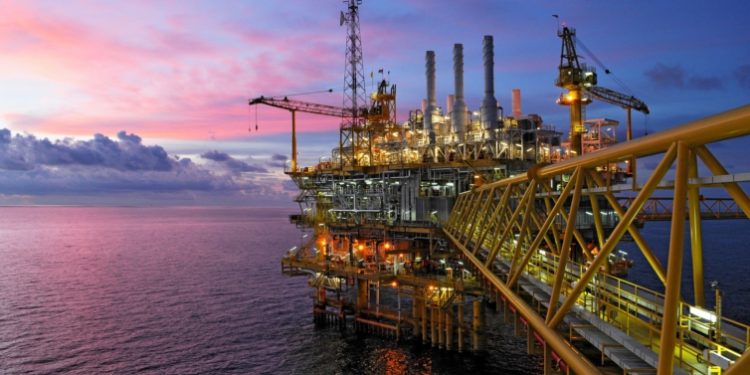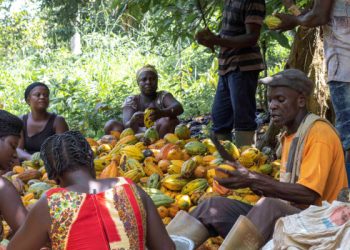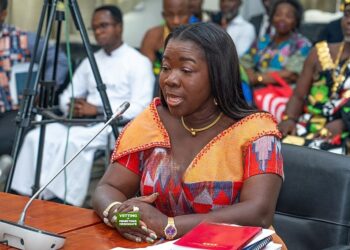Ghana is learning the hard way why oil can be a blessing and a curse. The onset of commercial crude production helped turn the West African nation into one of the continent’s hottest investment destinations, but also prompted successive governments to borrow to the hilt. Skittish investors have offloadedGhana’s bonds and currency, the cedi, amid mounting concern over its ability to settle its debts. The tumbling exchange rate has led to a surge in prices of basic necessities, from milk to bus fares, and prompted the central bank to sharply increase interest rates. With the economy on its knees, President Nana Akufo-Addo’s administration has appealed to the International Monetary Fund for an assistance package of as much as $3 billion.
The first sub-Saharan African nation to gain independence after colonial rule, Ghana has been a bastion of stability in a region plagued by civil unrest and coups. It’s held peaceful elections on a regular basis since the 1990s, power has changed hands between rival parties and presidents, and it has an independent judiciary and a vibrant parliament. The world’s second-biggest grower of cocoa and Africa’s No. 2 producer of gold, it began exporting oil in late 2010. The following year, gross domestic product leaped by almost 14%. The economy has expanded every year since then, albeit at a more modest pace, with the government’s embrace of a free-market system helping to lure foreign capital and financing.










Discussion about this post